La crise au Burkina Faso continue son engrenage
À la suite de deux coups d’État militaires en 2022, les groupes islamistes militants ont encerclé Ouagadougou, laissant dans leur sillage une violence sans précédent.
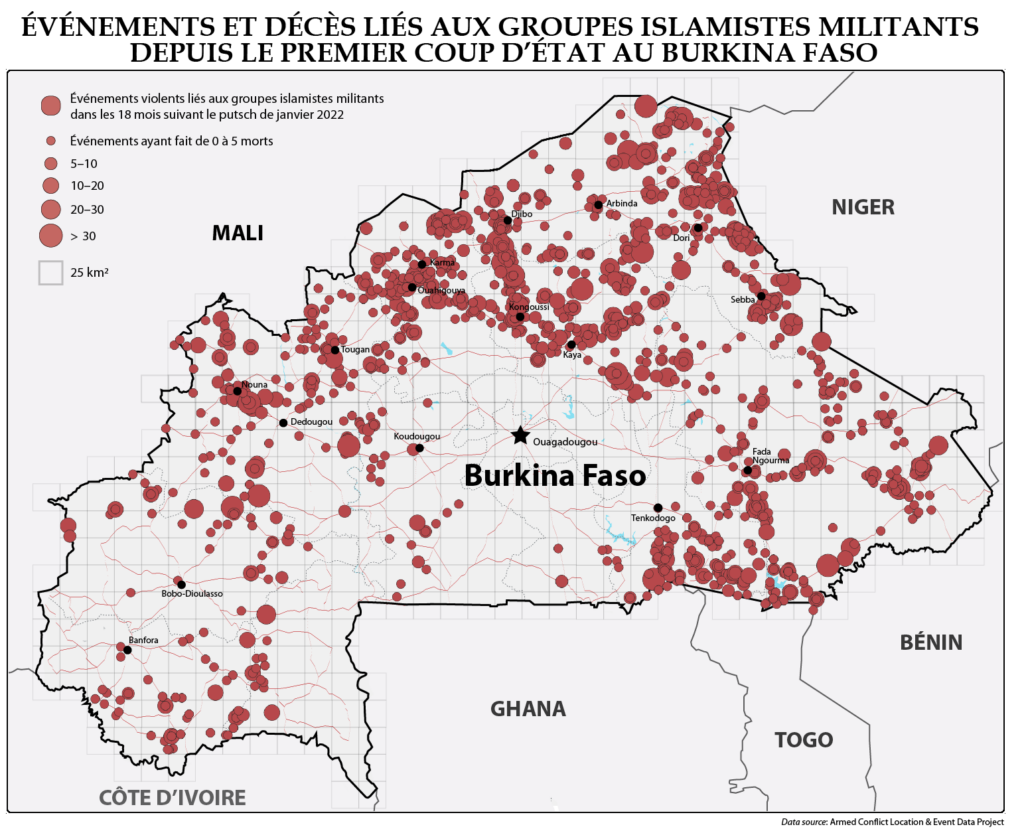
À la suite de deux coups d’État militaires en 2022, les groupes islamistes militants ont encerclé Ouagadougou, laissant dans leur sillage une violence sans précédent.

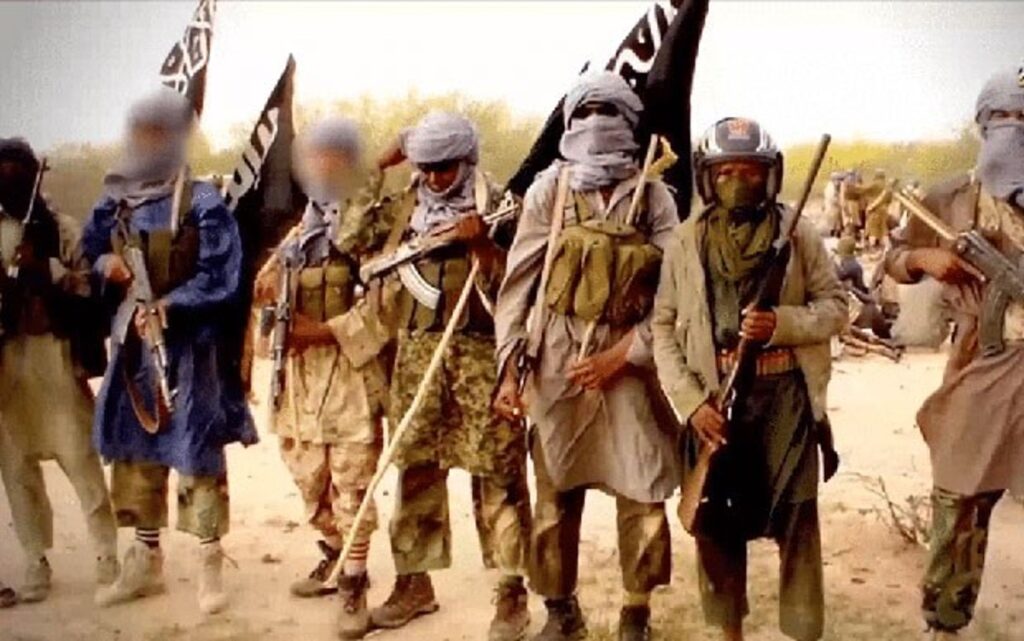
The Niger government has declared three days of national mourning after at least 29 soldiers were killed by suspected terrorists near the country’s border with Mali, whose army is also waging battles against Islamist militants on multiple fronts after the UN peacekeeping mission withdraws.
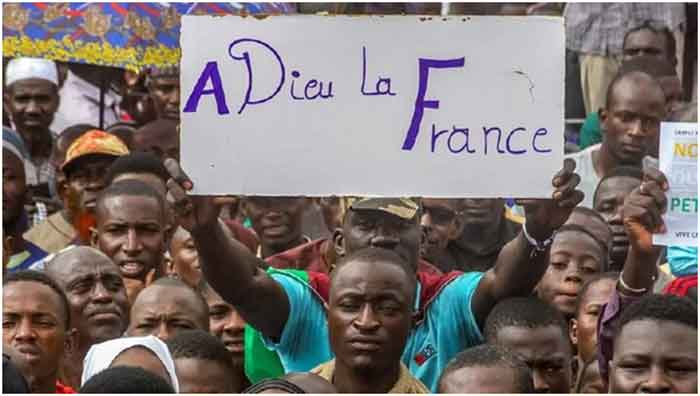
France is planning to intervene in Niger, as it continues to deploy troops to several countries in the region, the West African state’s military government has claimed. Relations between Niger and former colonial power France have deteriorated since a coup in July.
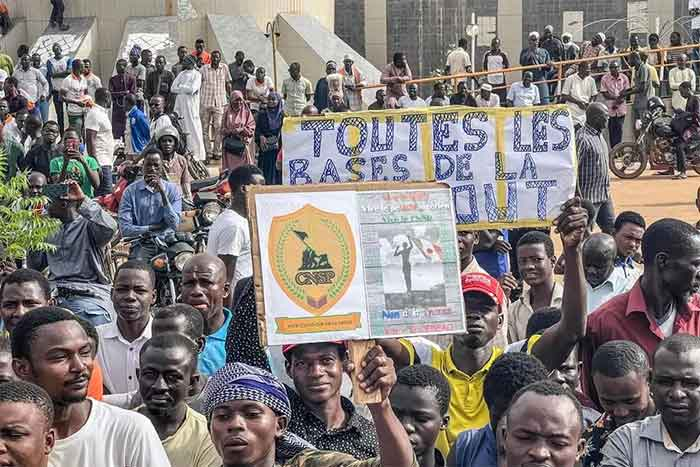
The military governments of three African states, which all deposed their Western-backed leaders in recent years, have agreed to assist each other, individually or collectively, in case of any external aggression or internal threat to their sovereignty.
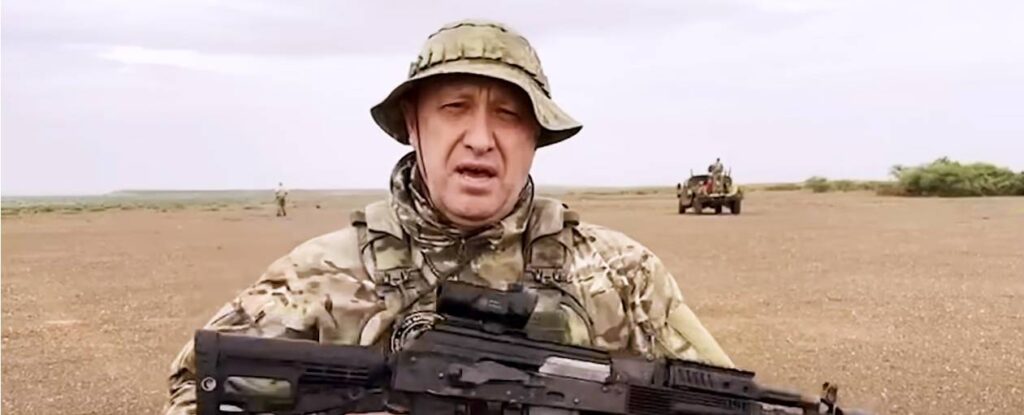
The apparent assassination of Yevgeny Prigozhin from the crash of his private jet between Moscow and St. Petersburg represents an inflection point in Russia-Africa relations. Prigozhin, leader of the notorious Wagner Group, was the point man for Russia in Africa since Wagner first began operations on the continent in 2017. Its leaders have been sanctioned by 30 countries for the group’s destabilizing activities.
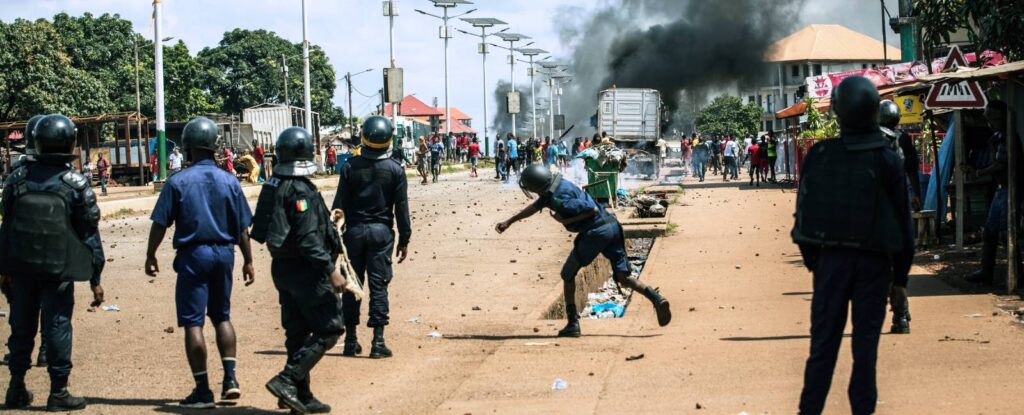
Oversight, accountability, and governance of the security sector are essential ingredients to a capable and effective force, mitigating infractions and contributing to a learning environment that improves future practices.
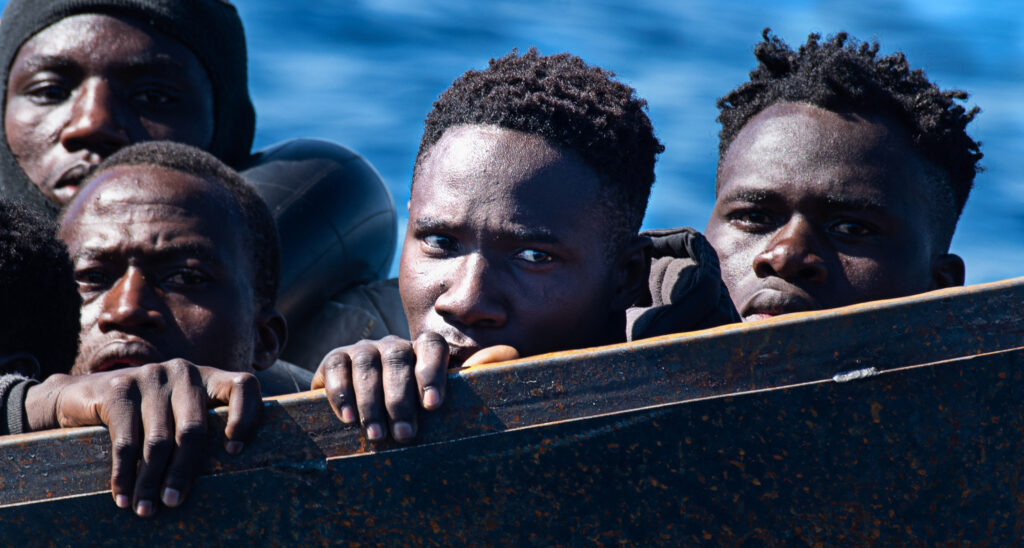
When the histories of Europe are written, they will write at length about Lampedusa. This small Italian island has become not only the barometer for the permanent migration crisis which now defines the continent’s condition, it has become the metaphor for our political and ethical response to it — even a whole new era of migration.
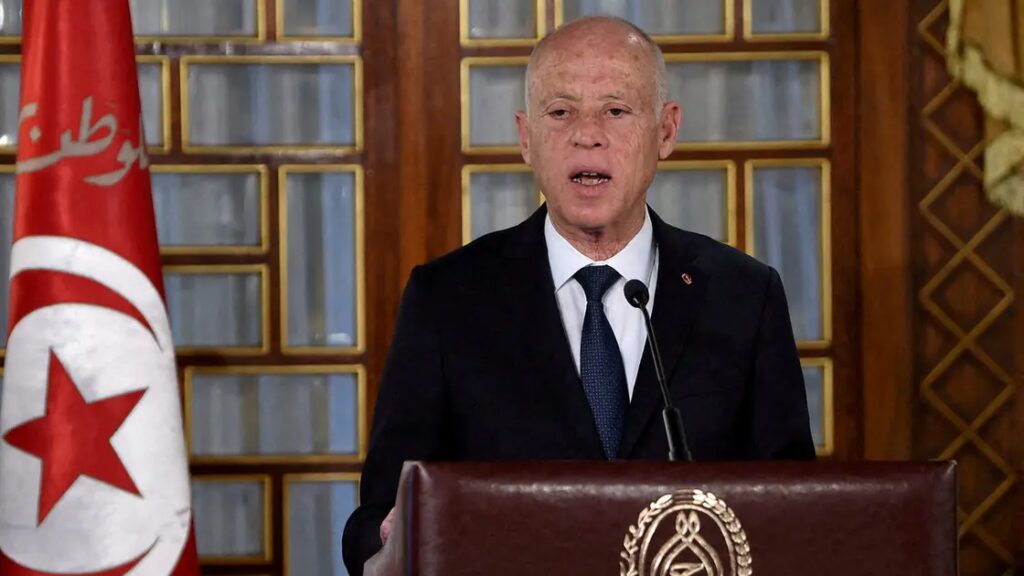
Tunisian President Kais Saied on Monday rejected financial support announced by the European Union in September, saying the amount is small and goes against a deal signed three months ago.
The European Commission last month said it would disburse 127 million euros ($133 million) in aid to Tunisia as part of the deal to fight illegal immigration from Africa to Europe.
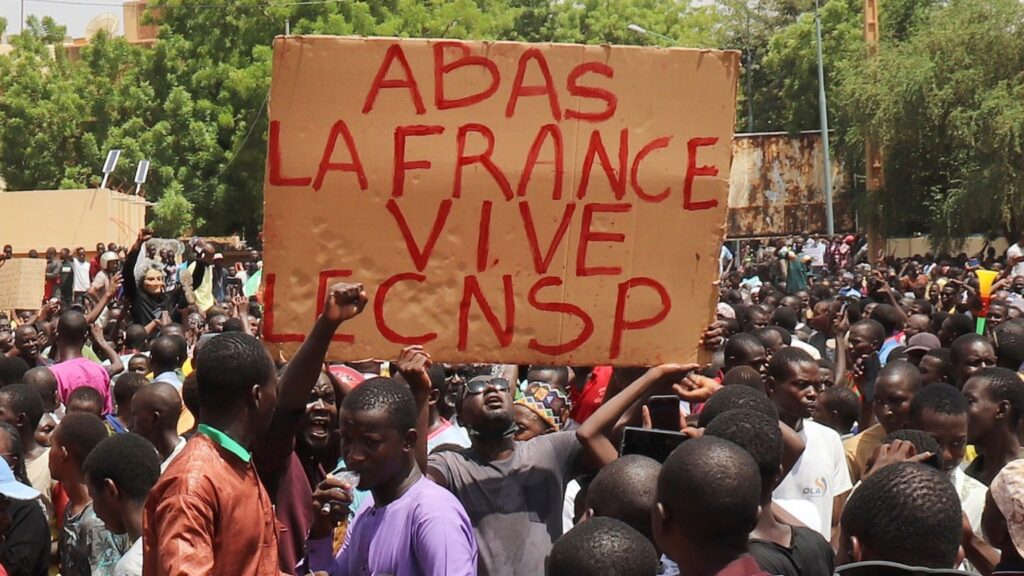
Today at WPR, we’re covering Mexico’s foreign policy under AMLO and the recently announced India-Middle East-Europe Corridor.
But first, here’s our take on today’s top story:
Niger: France will withdraw its remaining troops from Niger by the end of the year, President Emmanuel Macron said yesterday, while the country’s ambassador left the country yesterday. The move follows weeks of increasing tensions between France and the military leaders who seized power in a coup in Niger in late July. (New York Times)
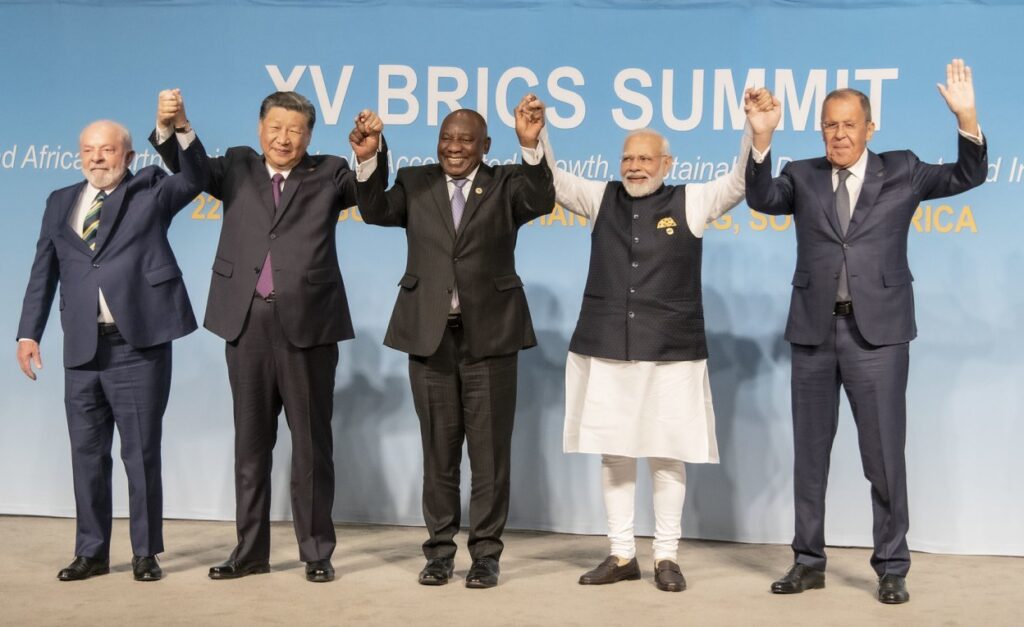
The recent BRICS summit, held in South Africa, sent shockwaves through global geopolitics as it unexpectedly welcomed six new nations into its ranks. On January, 2024, Argentina, Iran, Saudi Arabia, the United Arab Emirates, Egypt, and Ethiopia will officially join the bloc. This surprising move not only ignited fierce debate among experts but also captured the attention of world leaders. Among the newly admitted members, one nation stood out, sparking intense discussions and leaving many questioning the criteria behind its selection: Ethiopia.